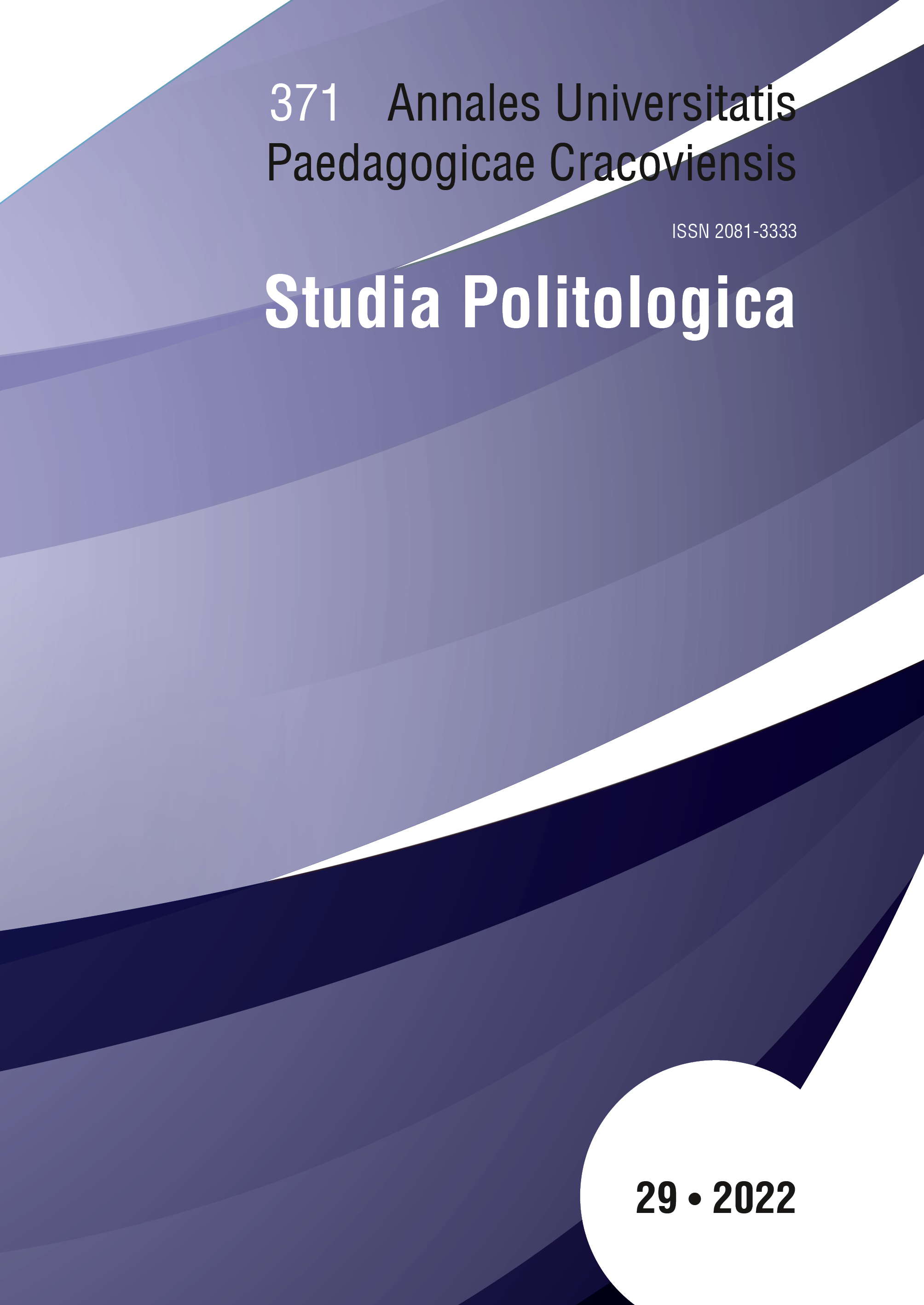Następstwa przemian 1989 roku w działalności społeczno‑politycznej Łemków w Polsce i Stanach Zjednoczonych
Keywords:
Łemkowie, emigracja, diaspora, Polska, Stany Zjednoczone Ameryki, społecznośćAbstract
During the communist period the Lemko community did not have its own separate ethnic organization in Poland. In the USA, the Lemkos were able to conduct social and political activities without any obstacles. Even before World War II, two important organizations were established: the Russophile Lemko‑Soyuz and the Ukrainophile Organization for the Defense of Lemkivshchyna in America. The social and political transformation initiated by the elections of June 1989 changed the situation of national and ethnic minorities. The period of political transformation in Poland also activated the Lemkos, who also took advantage of these changes to formalize and develop their activities. The first postwar Lemko organization was the Lemko Association. As a counterbalance for Lemkos Association, Ukrainophiles created in Gorlice their own organization – Union of Lemkos. American activists also had to find their way in the new political circumstances. When the Soviet Union collapsed, not only did the ideological base of Lemko‑Soyuz fall into ruin, but also its financial base. OOL found itself in a much better position than Lemko‑Soyuz during the period of political transition in Eastern Europe. The anti‑Moscow stance of the Ukrainianophile organization allowed it to remain credible and continue to fight for the interests of Ukraine. However, the organizations – both Polish and American – in their multifaceted activity still contribute to consolidation and preservation of Lemkos’ cultural identity and preservation of their traditions.
Downloads
Published
Issue
Section
License
Redakcja przyjmuje do druku teksty oryginalne, wcześniej niepublikowane. Treść czasopisma jest dostępna na licencji Creative Commons (CC-BY-NC-ND 3.0 PL)
Licencja ta zezwala na wykorzystanie materiałów opublikowanych w czasopiśmie w celach niekomercyjnych np. komentarza, krytyki, informacji, archiwizacji, nauczania lub prowadzenia badań, z poszanowaniem aktualnie obowiązującego prawa autorskiego (ustawa z dnia 4 lutego 1994 r. o prawie autorskim i prawach pokrewnych Dz.U. 1994 nr 24 poz. 83 z poźn. zm.). Zgodnie z wymogami licencji, konieczne jest dokładne podanie źródła cytowania lub parafrazowania oraz zachowanie tekstu w oryginalnej postaci (zakaz tworzenia utworów zależnych).

